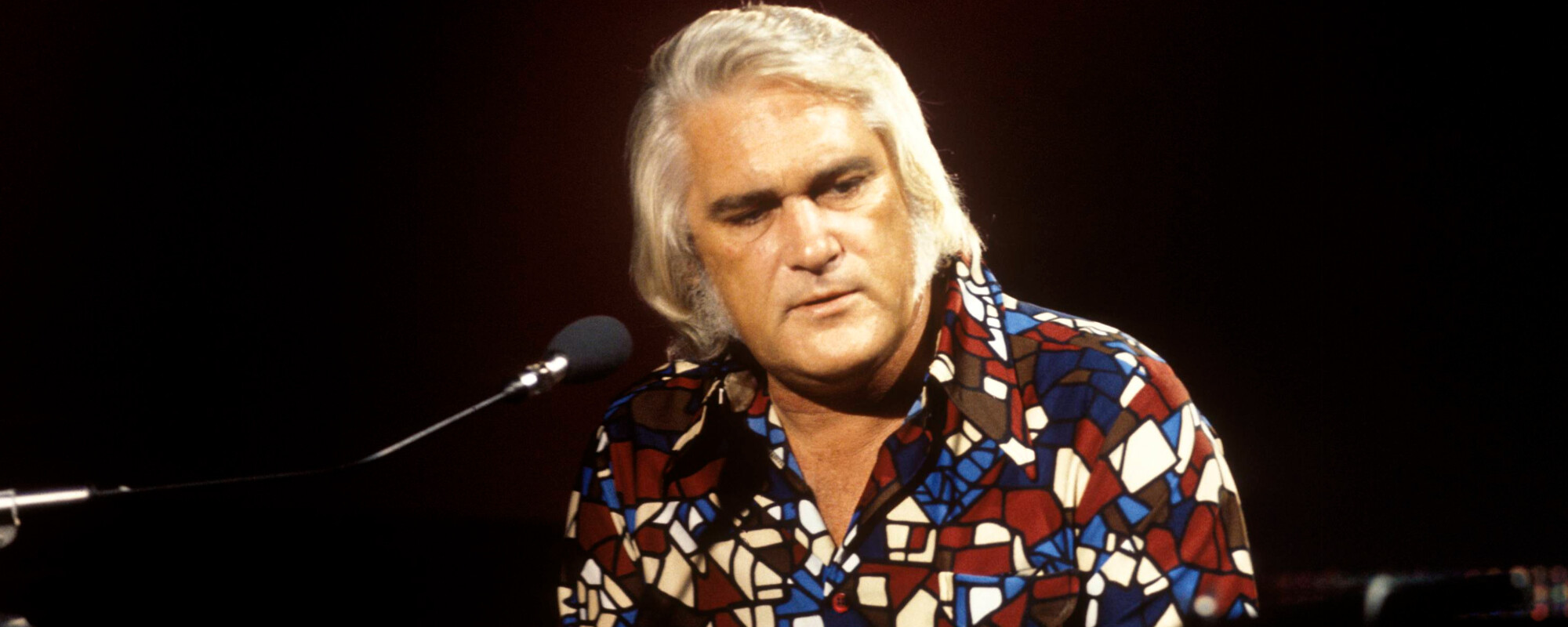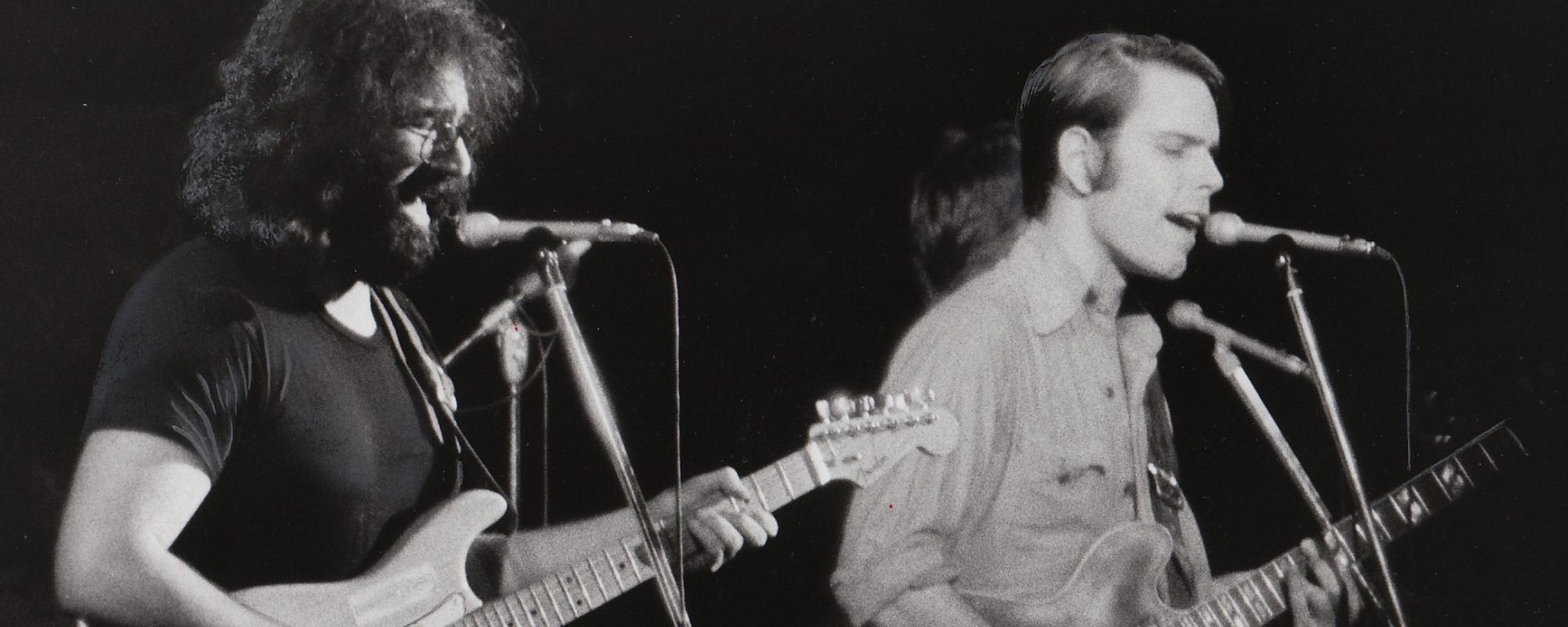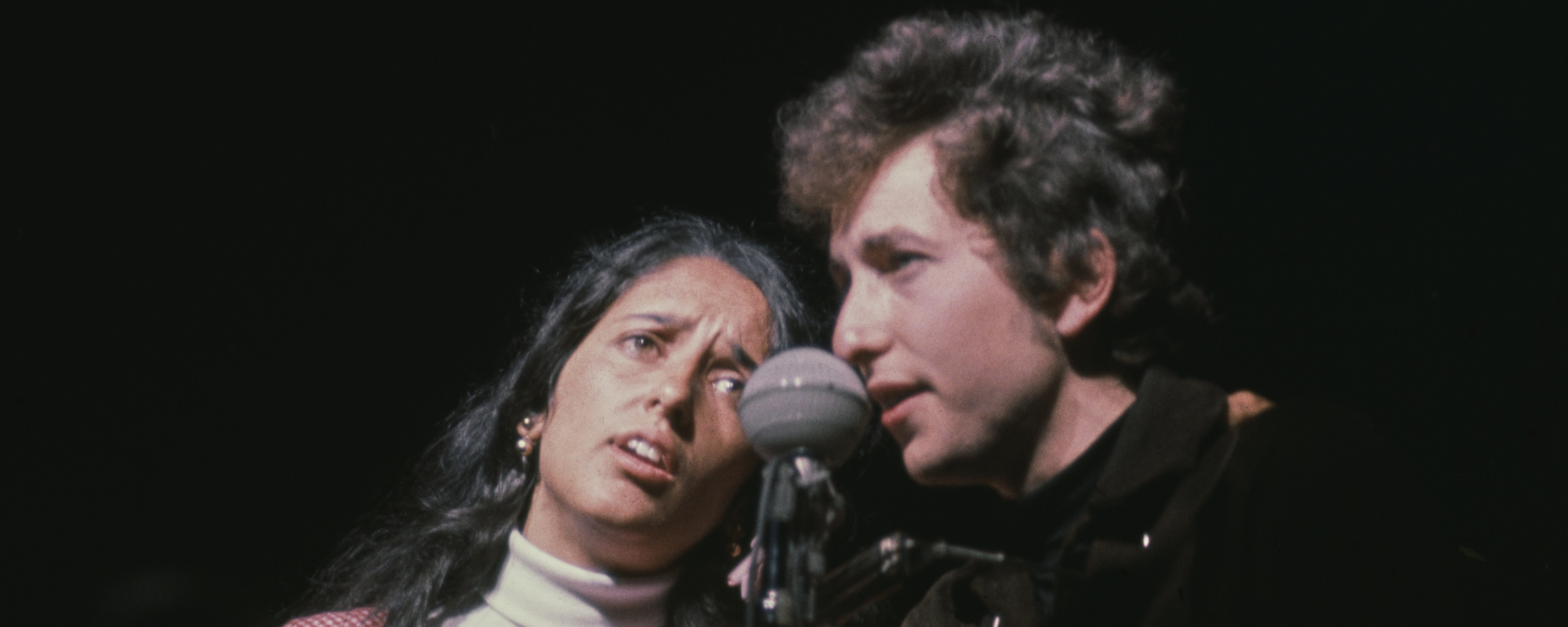Bob Dylan’s ability to pace a song so that key bits of information get revealed at just the right time stands as one of his most underrated skills. He knows well the art of the gut punch, that revelation that hits at a crucial moment of a melancholy song in devastating fashion. His 1966 classic “Just Like A Woman” contains just such a moment. It comes near the end, and it changes the way we look at everything that came before it.
Videos by American Songwriter
Confronting Criticism
“Just Like A Woman” took some criticism over the years from some folks who feel that it offers a somewhat sexist look at females in general. The chorus is often the sticking point, with folks feeling that the title phrase offers unfair generalizations.
One of the problems with such an outlook is that people are attaching the views of the song’s narrator to Bob Dylan himself. That’s not necessarily a fair leap to make. Songwriters should have the license to inhabit any kind of individual, even those who might not be the most upright or morally sound.
Even assuming that Dylan might agree with the sentiment of the chorus to “Just Like A Woman”, we still need to pay heed to the entirety of the song. Specifically, the final verse takes the narrative in a fascinating direction, one that undercuts the self-righteousness that we might attribute to the protagonist.
Flipping the Script
If the person telling the story in “Just Like A Woman” is guilty of anything in the first few verses, it’s that he comes off as condescending. He’s writing from the perspective of someone just coming out of a romantic relationship with this girl, so some of that is understandable.
In the first few verses, he hints at his heartbreak. But he spends a lot of time suggesting that this girl is headed for a fall from her lofty perch. When he claims that she “breaks just like a woman,” we start to assume that he’s expecting her to come groveling back to him at some point to pick up the pieces.
Then comes the final verse. After admitting that their time together has been spent, he looks to the future. “When we meet again,” Dylan sings. “Introduced as friends / Please don’t let on that you knew me when / I was hungry and it was your world.”
A Painful Scene
Those lines change everything. They’re potent because we can picture the scene. We can imagine the two of them making furtive eye contact for fear of giving away their history. By those lines, we can tell that the narrator has a lot more to lose in that scenario.
In addition, they cast a shadow on everything that came before. We can now infer that some of the narrator’s less-than-complimentary remarks came from a place of hurt and frustration. He never had the upper hand in the relationship. Perhaps he was never even as much a part of her life as he pretended to be.
“Just Like A Woman” stands out as one of those Dylan ballads where every word seems chosen for maximum effect. It’s not nearly as wordy as some of his other songs, which allows those lyrics to nestle into the melody just so. And it all leads up to a final verse that Dylan wields like a scalpel. That scalpel pulls away the brave shell of the narrator to reveal his wounded heart.
Photo by Gai Terrell/Redferns













Leave a Reply
Only members can comment. Become a member. Already a member? Log in.